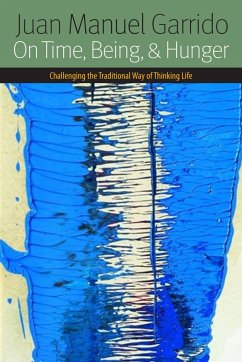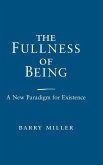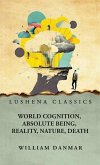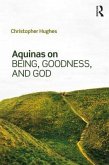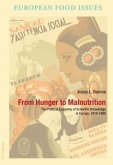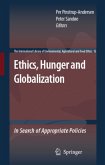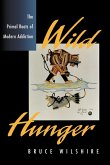The traditional way of understanding life, as a self-appropriating and self-organizing process of not ceasing to exist, of taking care of one's own hunger, is challenged by today's unprecedented proliferation of discourses and techniques concerning the living being. This challenge entails questioning the fundamental concepts of metaphysical thinking, namely, time, finality, and, above all, being. Garrido argues that today we are in a position to repeat Nietzsche's assertion that there is no other representation of "being" than that of "living." But in order to carry out this deconstruction of ontology, we need to find new ways of asking "What is life?" In this study, Garrido establishes the basic elements of the question concerning life through readings of Aristotle, Nietzsche, Heidegger, and Derrida; through the discussion of scientific breakthroughs in thermodynamics and evolutionary and developmental biology; and through the reexamination of the notion of hunger in both its metaphysical and its political implications.
Bitte wählen Sie Ihr Anliegen aus.
Rechnungen
Retourenschein anfordern
Bestellstatus
Storno

